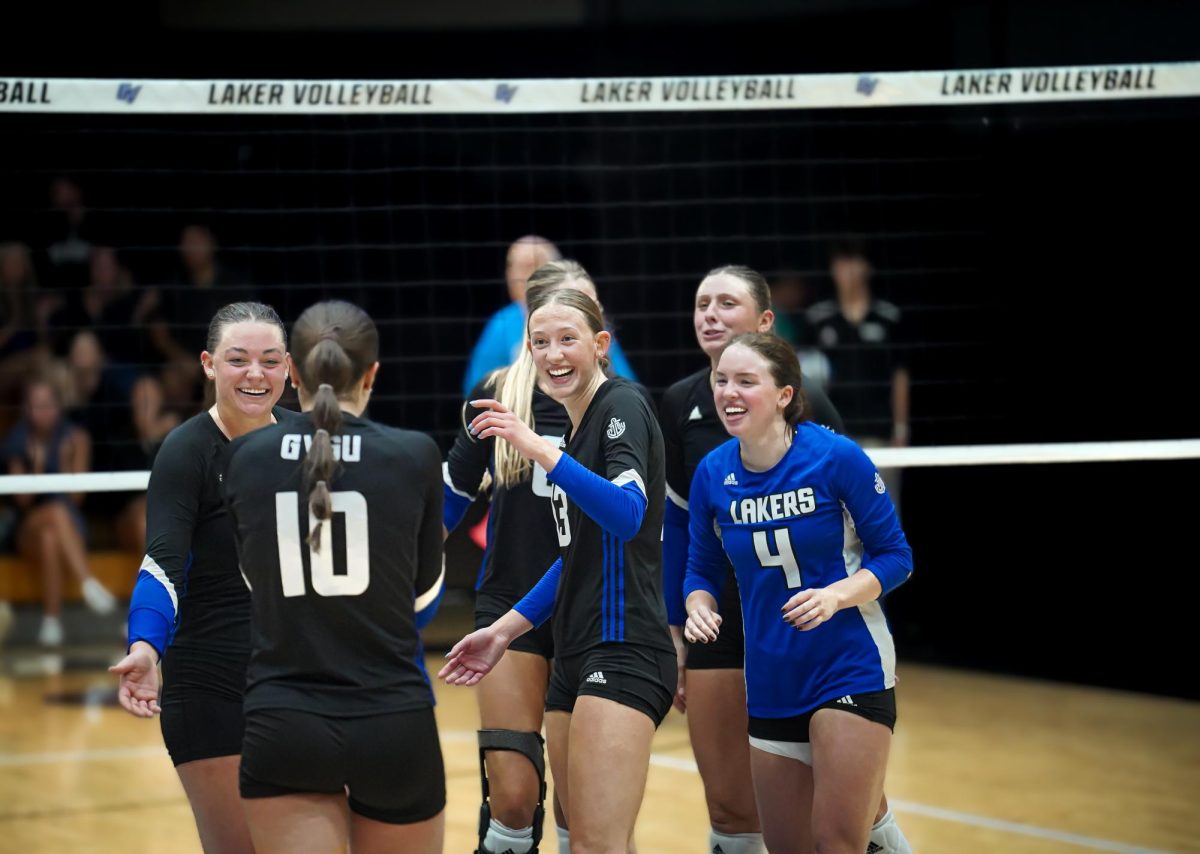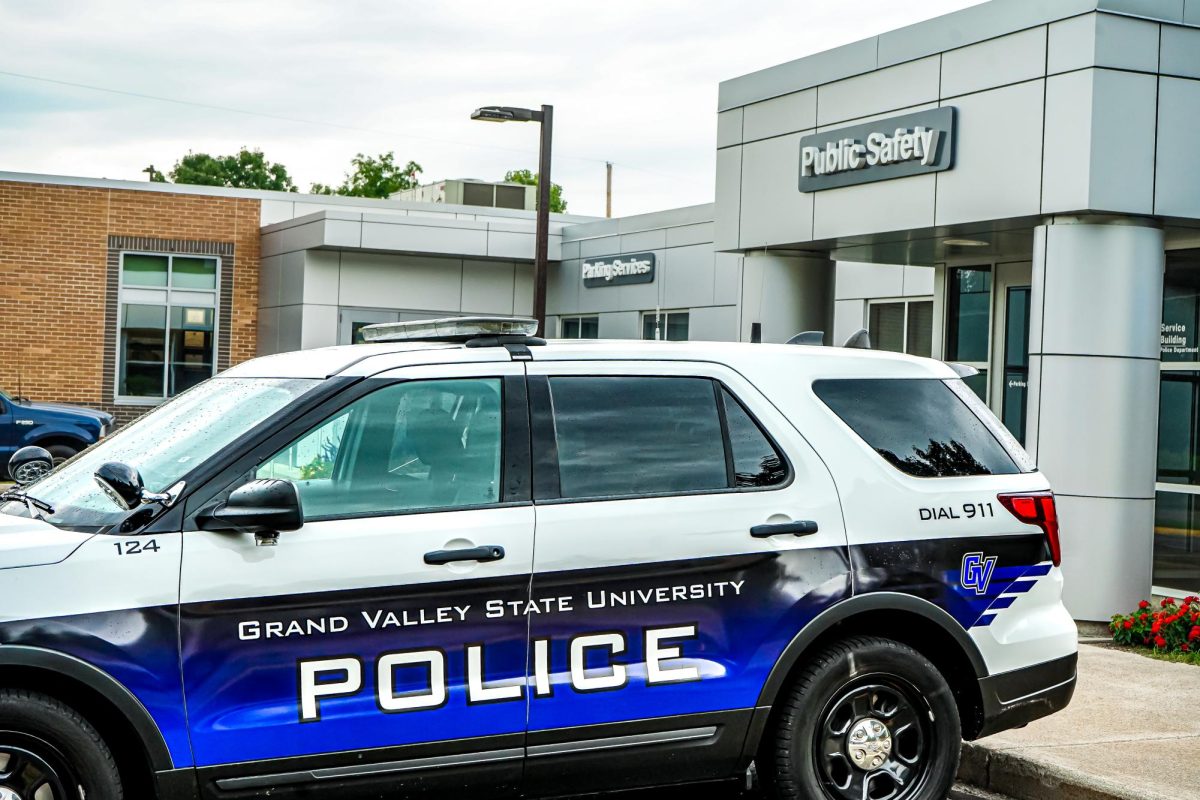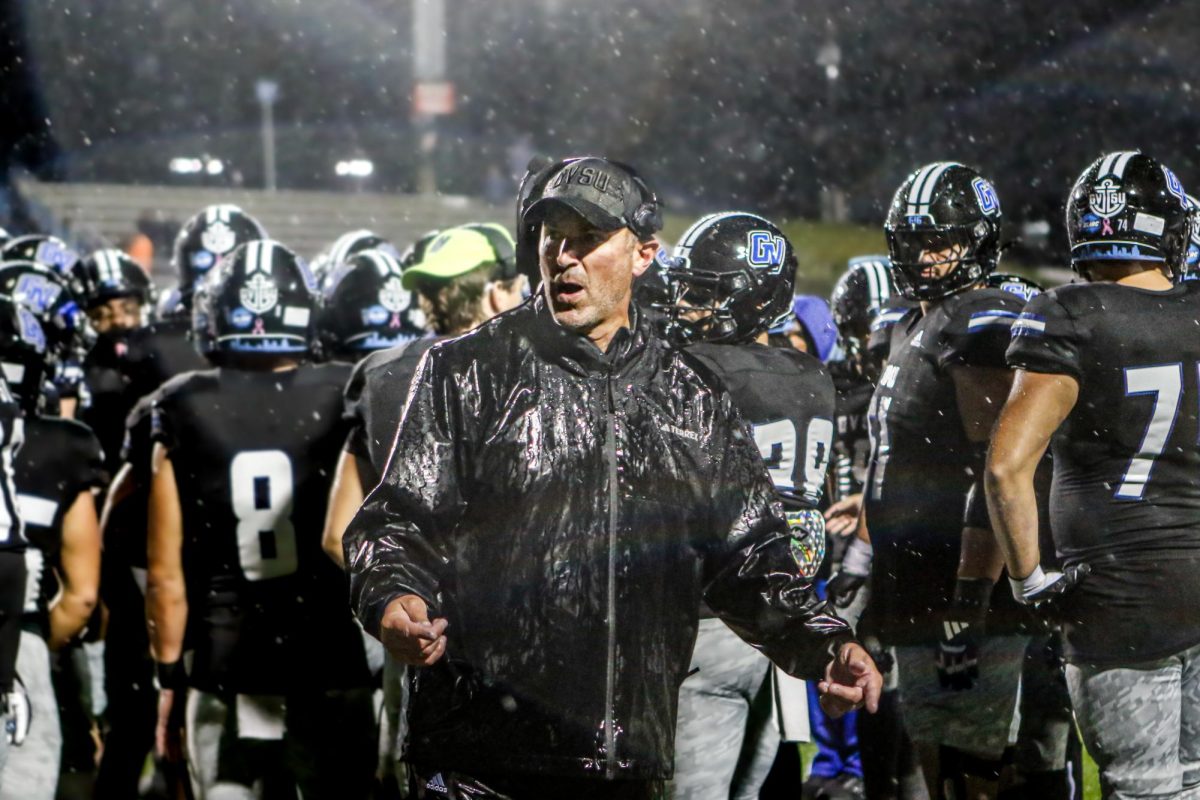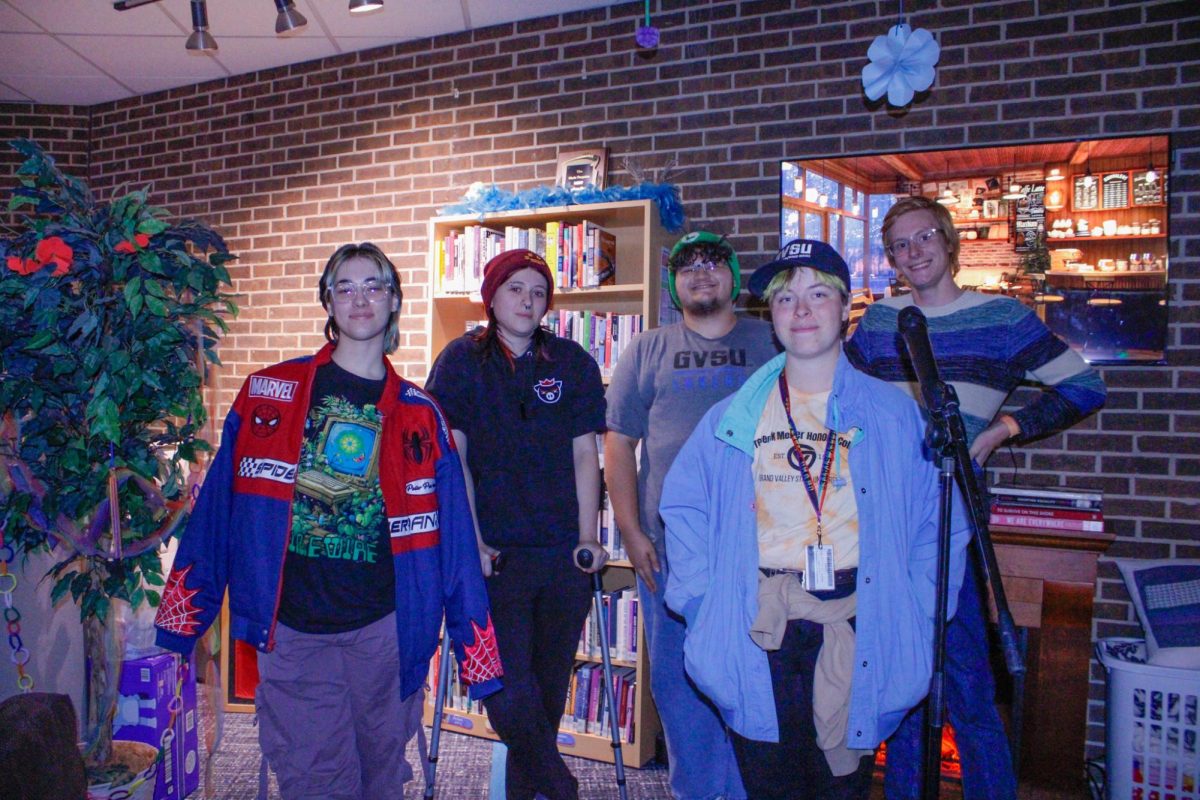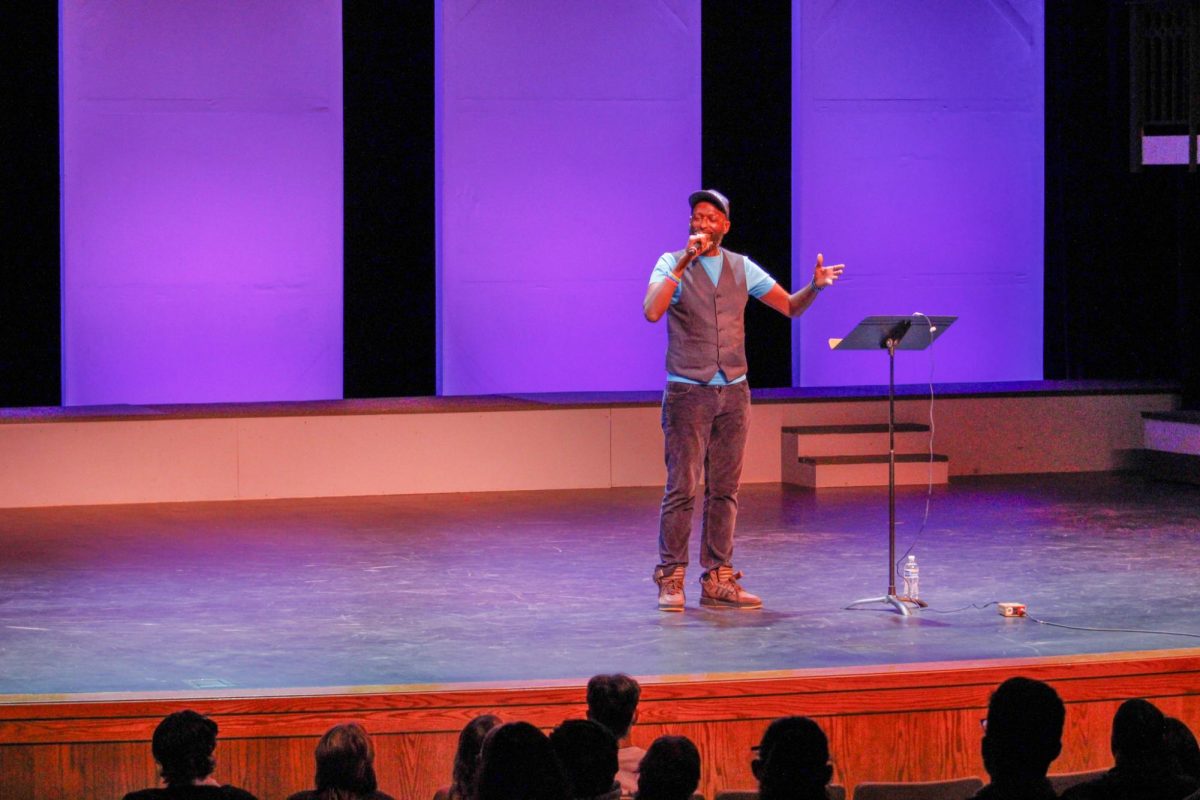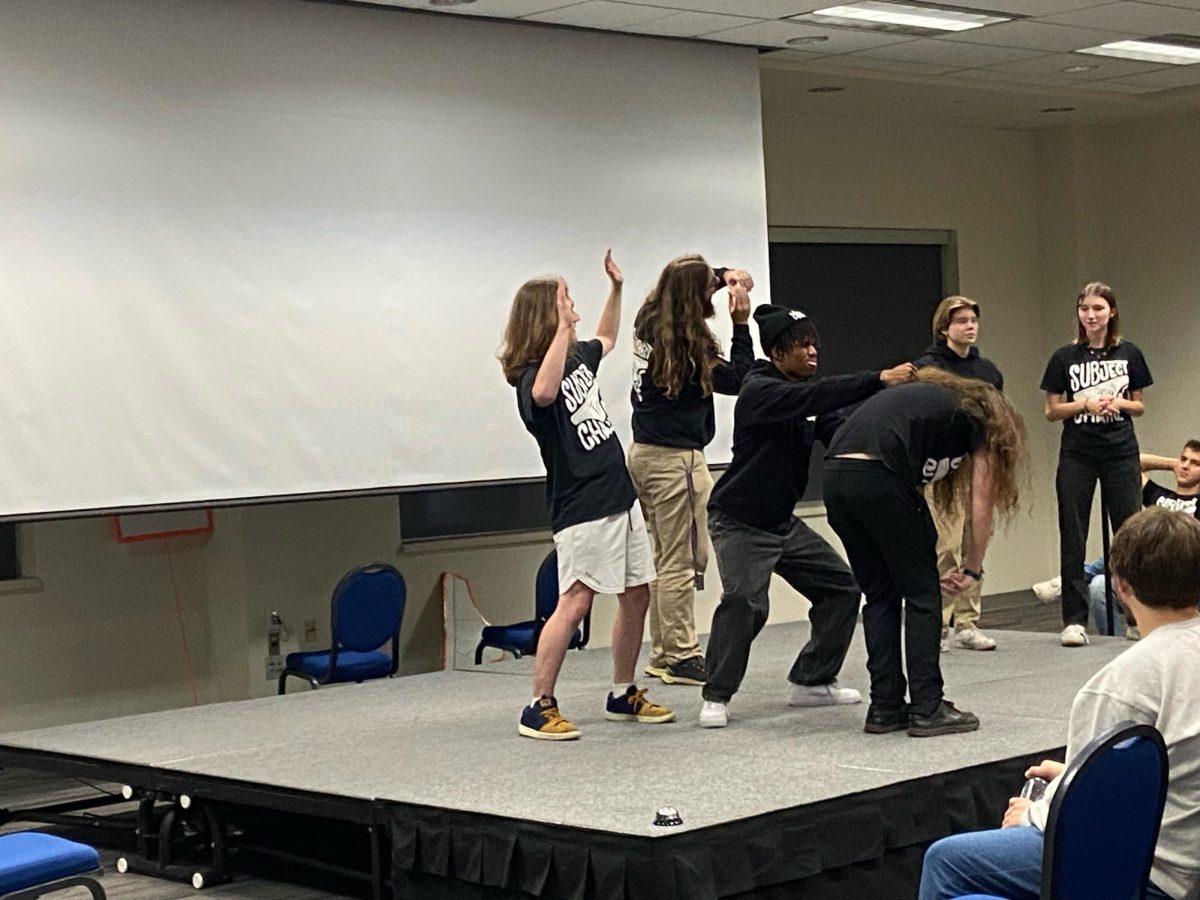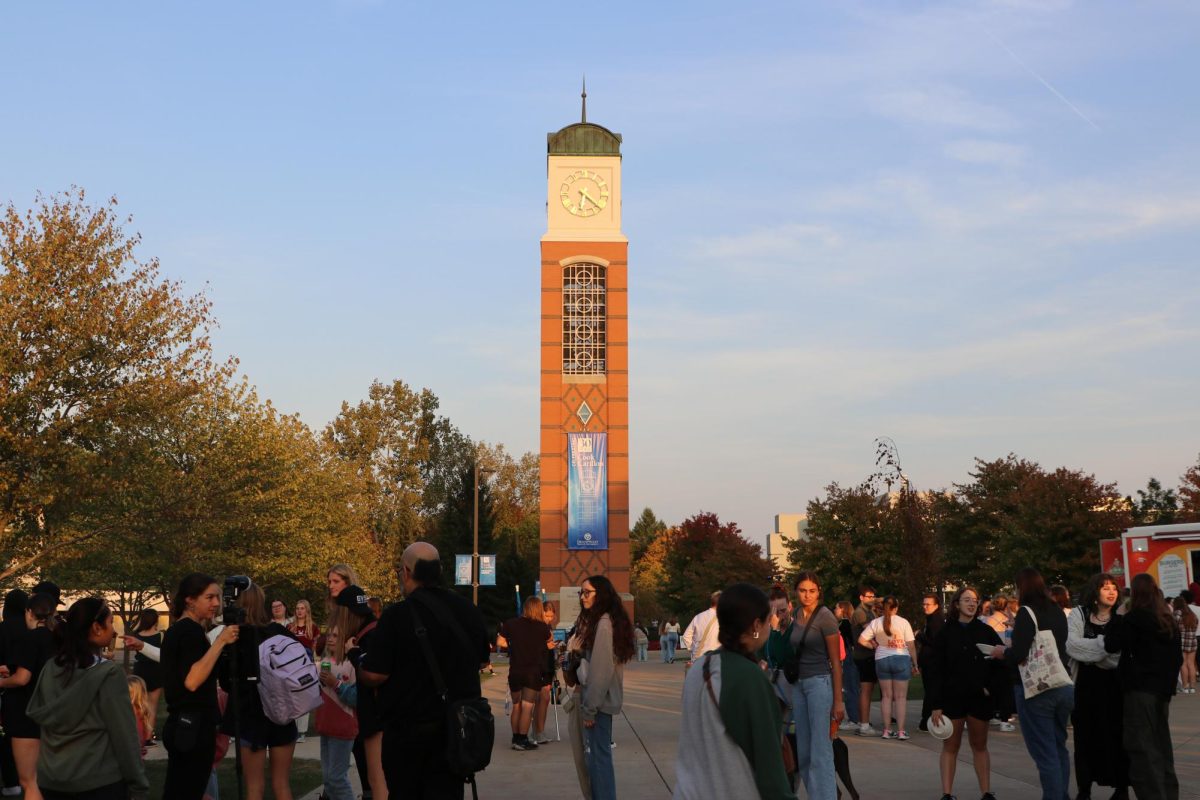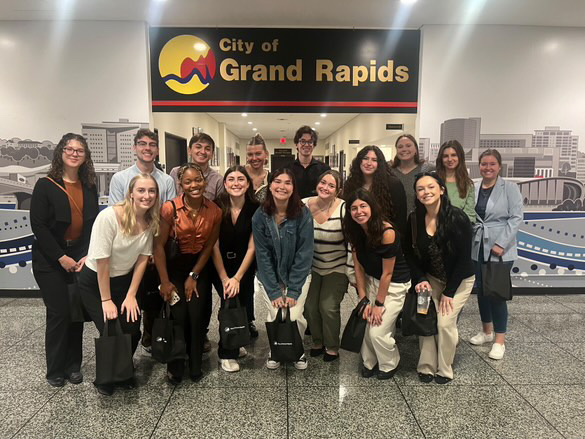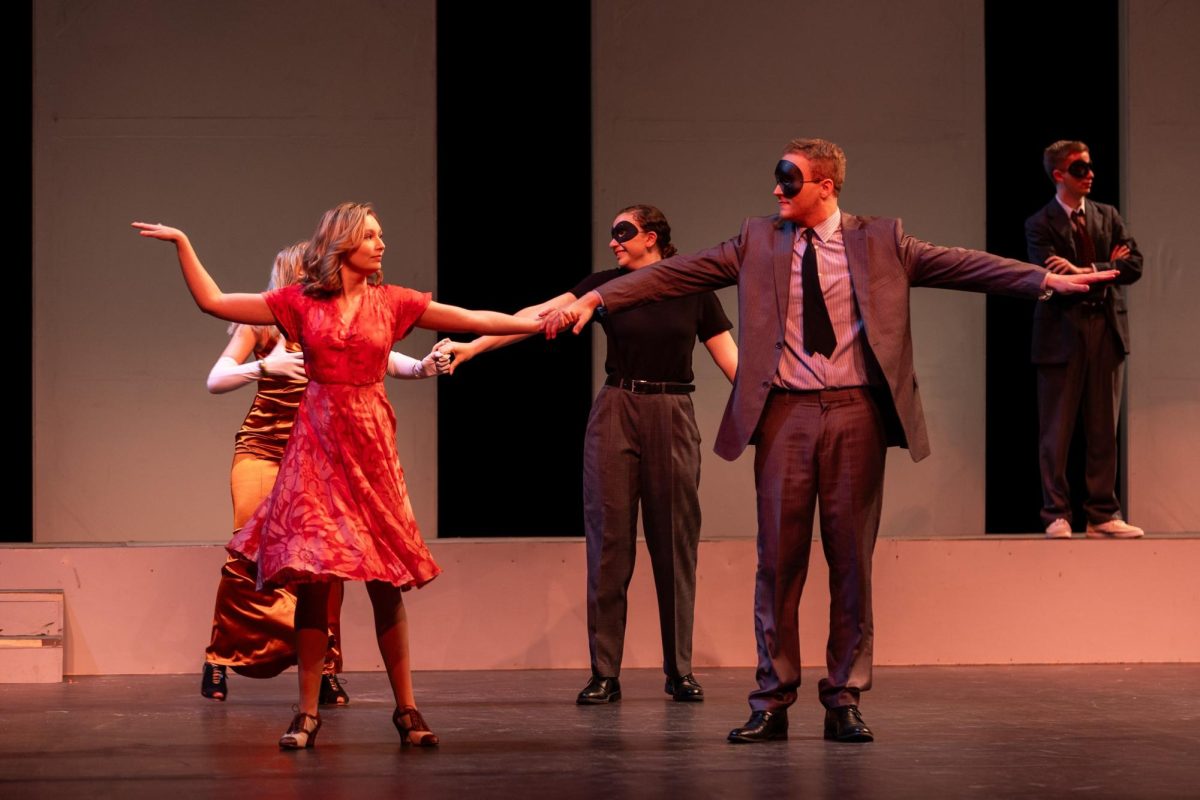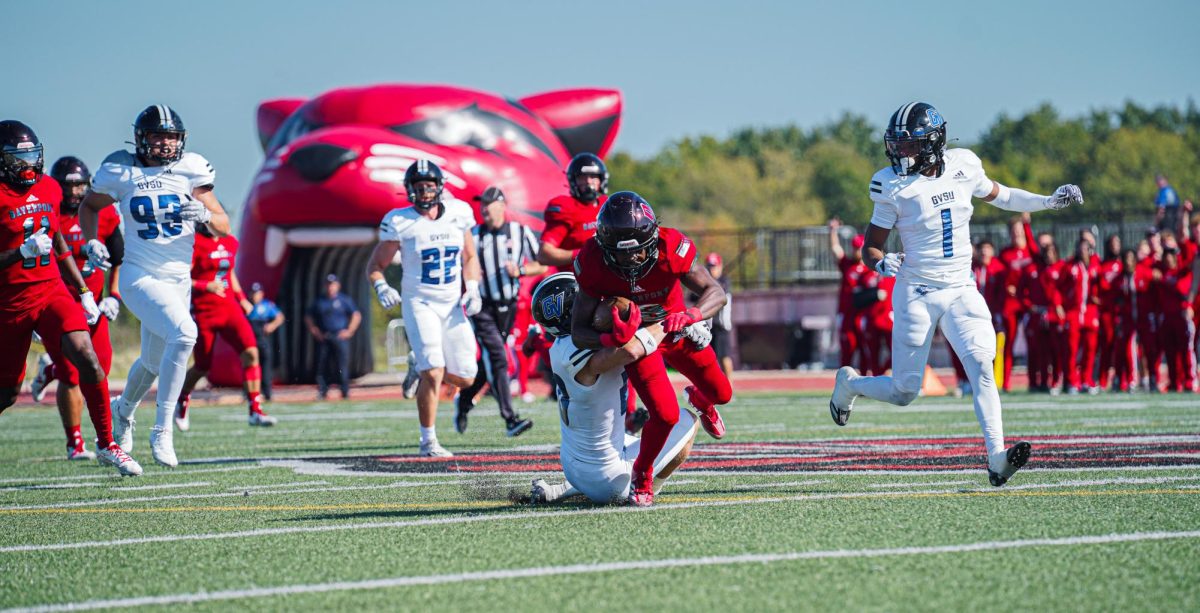Responding to executive orders

Jan 30, 2017
Recently, President Donald Trump signed executive orders to restrict immigration from seven Muslim-majority countries for 90 days, suspend refugee admission for 120 days and prevent all Syrian refugees from entering the country indefinitely.
Though this proclamation is aimed to impact only non-U.S. citizens, it has created a sense of mistrust and shame all over the world. The order has been met with both criticism and encouragement throughout the world due to the extreme measures that have taken place.
The order is not intended to affect those who are naturalized citizens of the United States. Rather, it impacts those who are not citizens, even if they have green cards and are legal residents of the U.S. The seven countries are Iran, Iraq, Libya, Syria, Somalia, Sudan and Yemen.
During the 120 days of suspension for incoming refugees, Trump said the vetting process for letting refugees into the United States will be tightened and become more strict. While some people see this as unnecessary due to already extreme vetting processes in place, others see this as a way to keep people in the United States safe.
In response to this order, Grand Valley State University President Thomas Haas sent an email to students, faculty and staff to assure students that the university has their safety and best interests at heart, especially when it comes to international travel and student engagement abroad. Haas was not alone with this decision to speak out against the order from Trump.
University of Michigan President Mark Schlissel also voiced his support for international and undocumented immigrant students Saturday, Jan. 28. Schlissel refused to release information on student immigrants, stating that he wants to foster “an environment that promotes education and research at the highest levels.”
We want to applaud Haas and Schlissel for their willingness to stand up for what they think is right and to defend their students. While in school, no student should have to worry about their immigration status. School is a time for education, learning and expanding students’ depth of knowledge.
Of course, the long-term consequences of the executive orders cannot be determined only a few days after being signed. Perhaps this could be ultimately beneficial for the safety of U.S. citizens. The order, titled “Protecting the Nation from Foreign Terrorist Entry Into the United States,” stated the purpose was to detect “individuals with terrorist ties and (stop) them from entering the United States. Perhaps in no instance was that more apparent than the terrorist attacks of September 11, 2001.”
But what about the safety of Syrian refugees being refused entry into the United States? Or green-card holders who unwittingly picked a bad time to travel out of the country and now can’t return? It is unfortunate extreme measures had to be taken, especially since there is little evidence to suggest immigrants from the selected countries are harmful in the most part to United State’s citizens. Additionally, there is substantial evidence that points to ISIS targeting and killing mostly Muslims, which is why people are fleeing to other places and trying to find refuge elsewhere.
It is up to us to ensure that we are creating an environment where people feel safe continuing their education. The actions of these local university administrators, including our own Haas, is admirable and deserves the attention it is receiving. After all, hate and discrimination can only go so far, it’s time to start looking out for each other.



